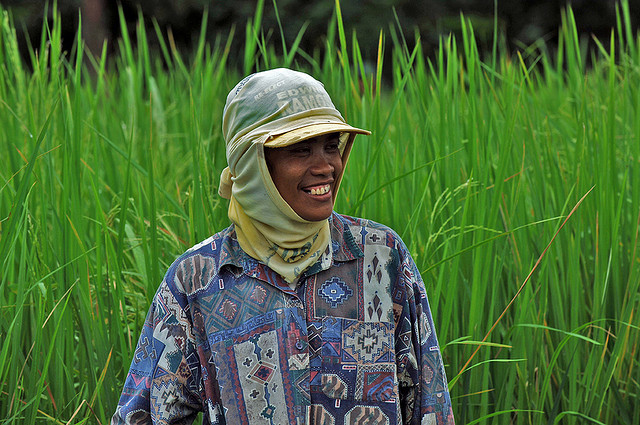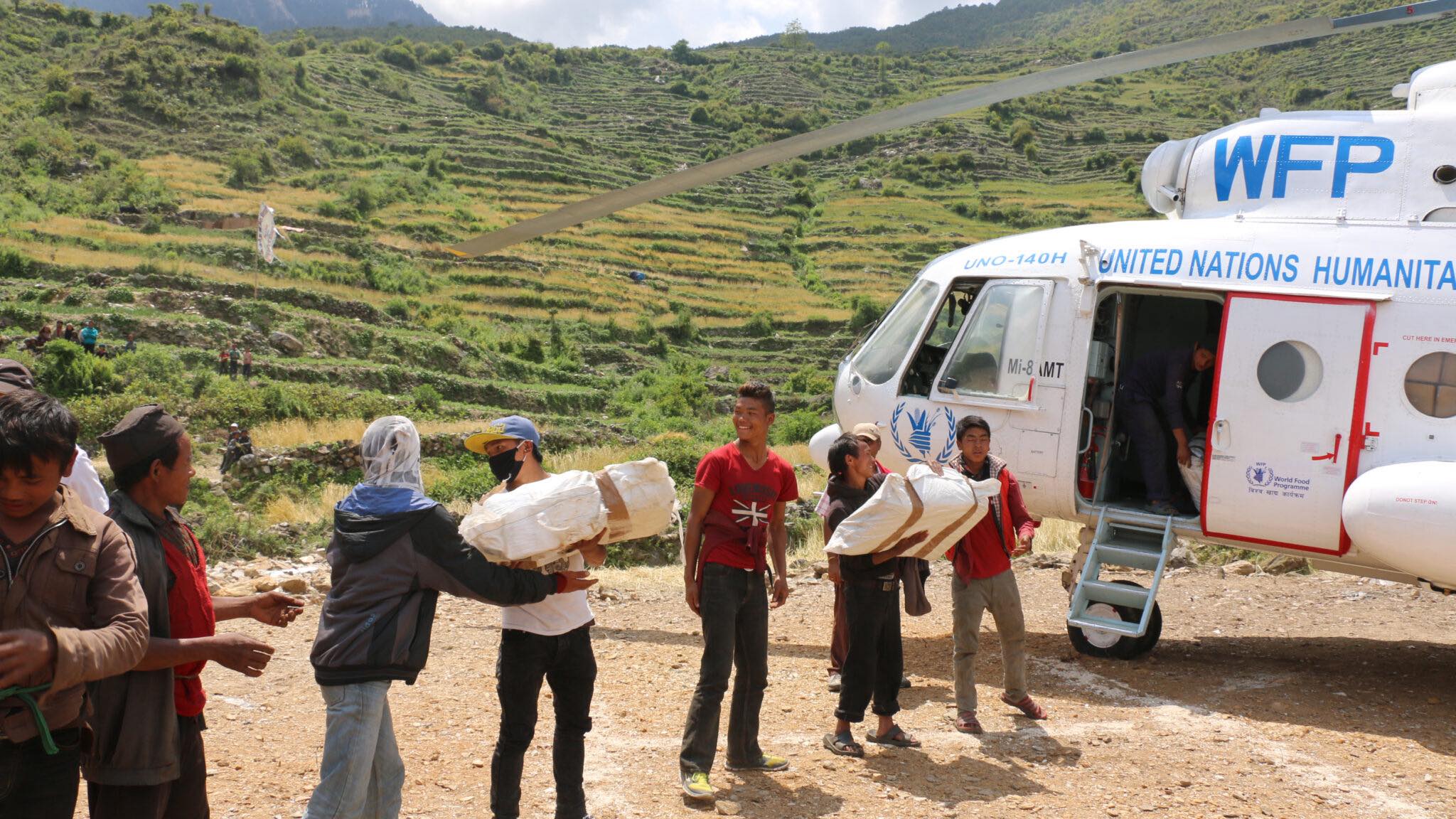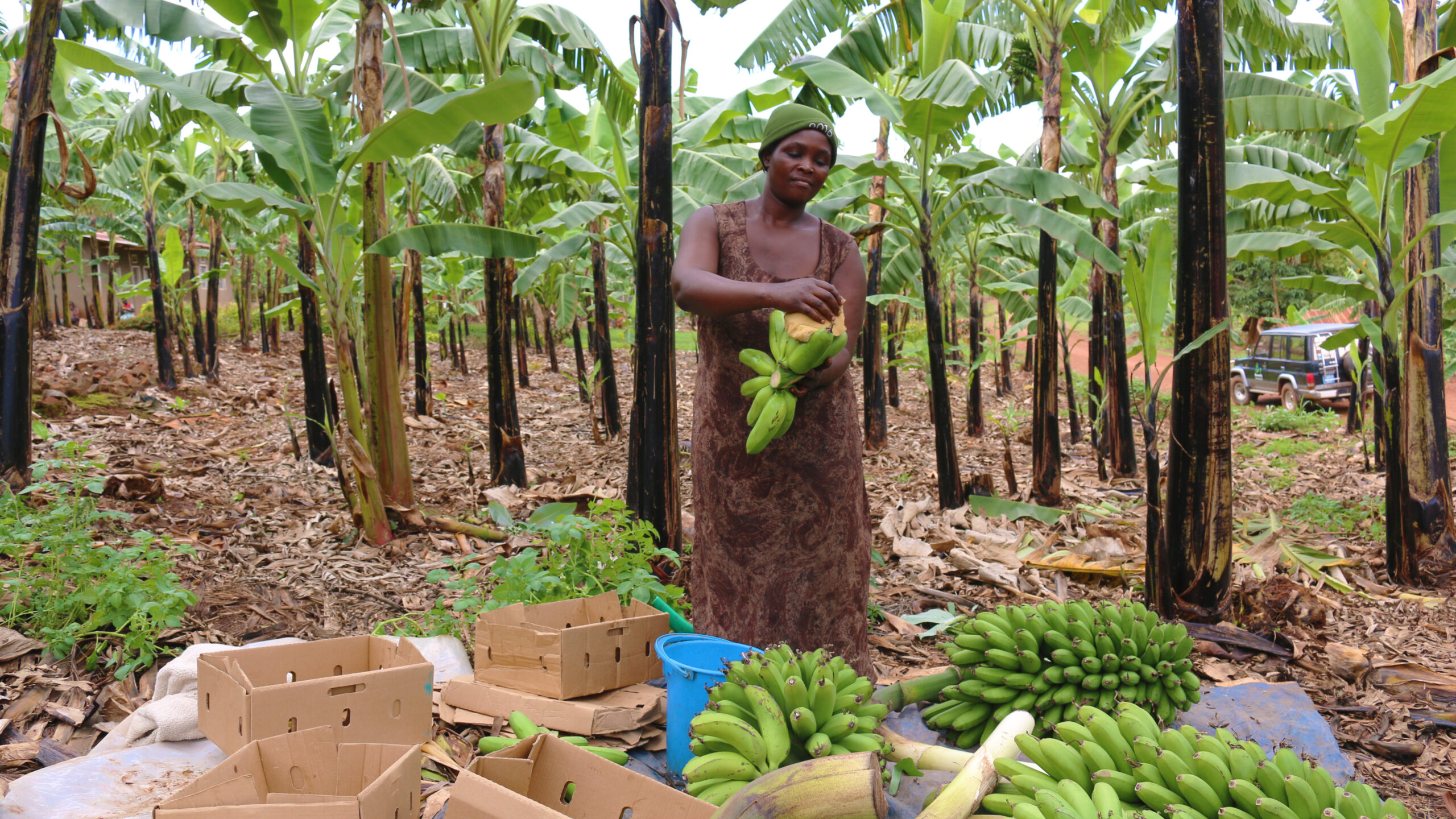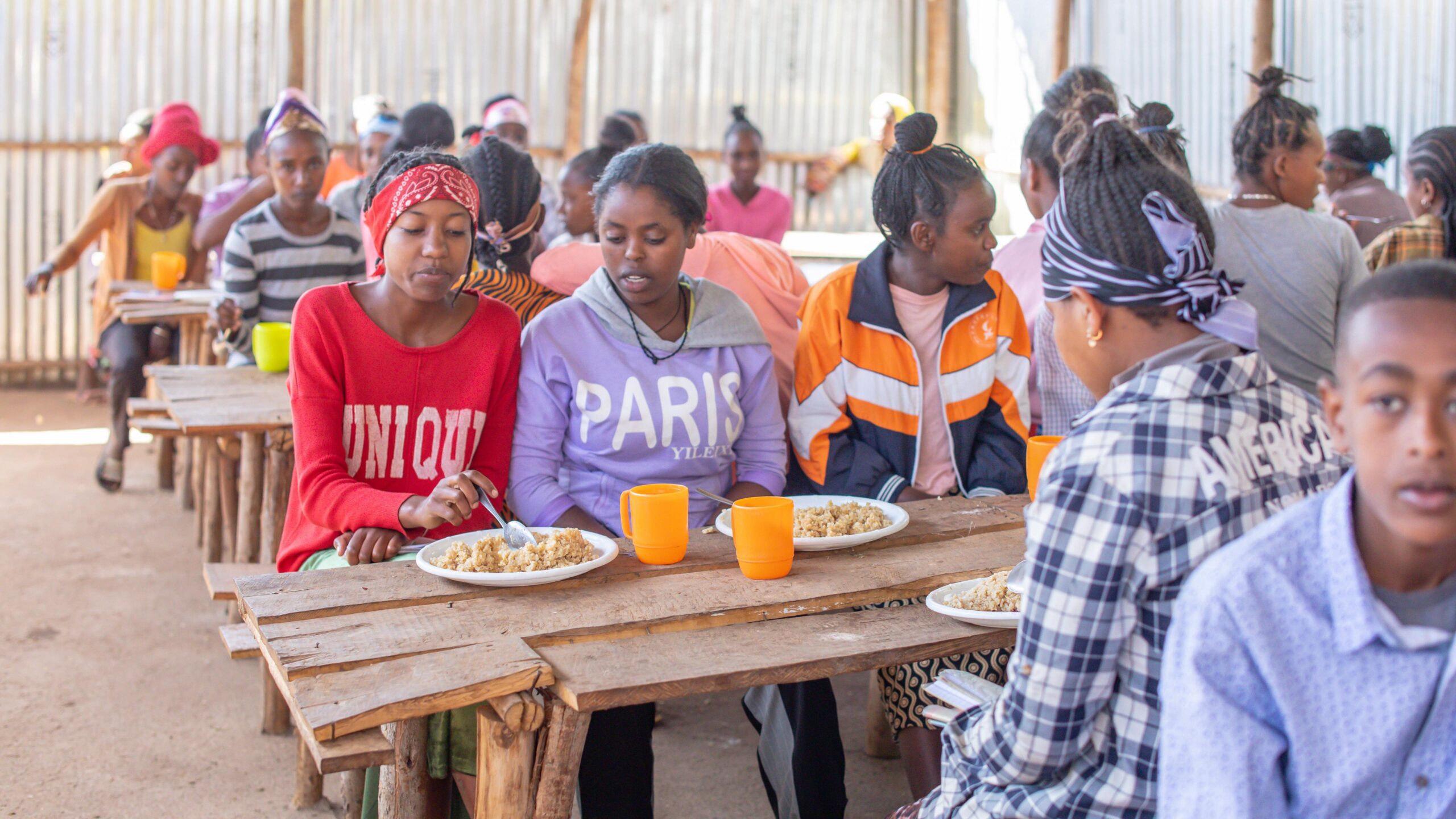This blog story by IFPRI senior researcherAgnes Quisumbing was originally posted as part of the Devex Land Matters for Women campaign.
Why do you care about women’s land rights? Isn’t it enough for the household to have land?
This question is a common refrain heard from many corners of the developing world, but most disturbingly from policymakers and government officials.
The answer, extensive research tells us, is threefold. Secure land rights for women:
Reduce poverty and vulnerability
Having rights to land reduces the chance a family will fall into poverty because secure land often means a secure food source. It is also an important form of collateral. Unfortunately, even a married woman can be vulnerable, because marriages are not “forever.”
In many societies, women’s land rights are derived through their male relatives, whether through their fathers or husbands. A husband’s death or divorce often results in a women’s loss of access to land. In societies where women leave their home villages to marry, a women’s property rights in the new village are very tenuous, leaving not only her, but her children, vulnerable; a woman who returns to her parents is often greeted with shame.
Indeed, during the 2007–‘08 global food price crisis, women heads of household in Ethiopia reported more than men that their assets, household income, and consumption had fallen due to high food prices. Because female-headed households are also poorer and cannot meet their families’ food needs for a greater number of months than male heads of household, they coped by cutting back on the number of meals they provided their households during good months and by eating food that they would not normally eat, such as food gathered in the wild.







